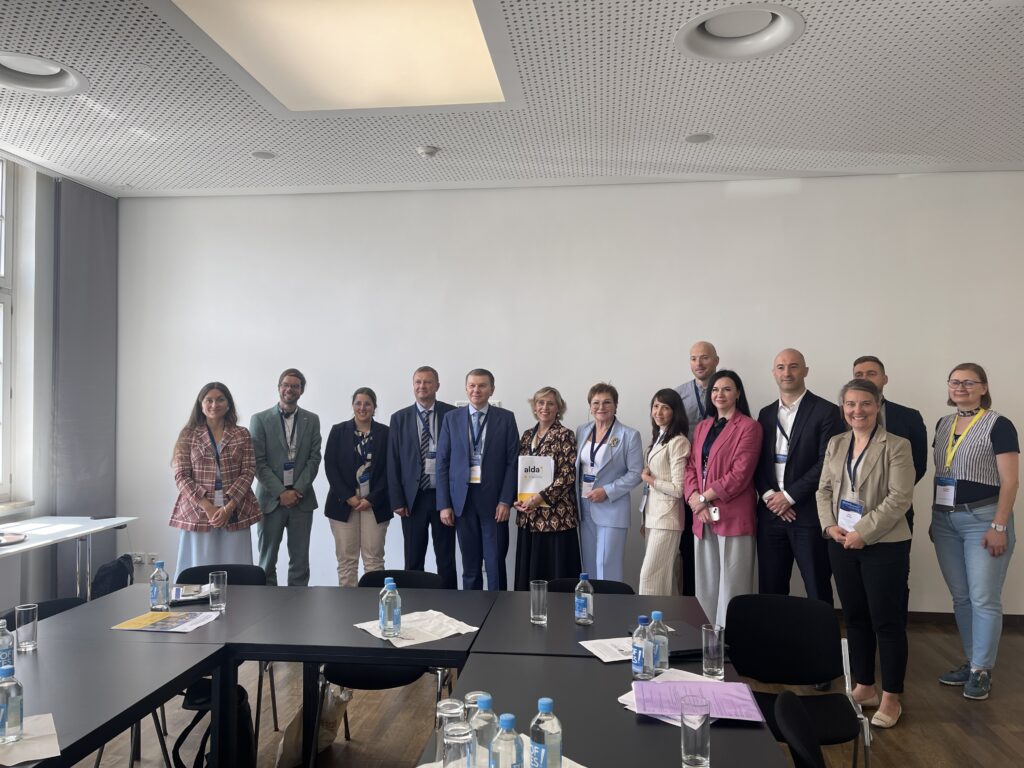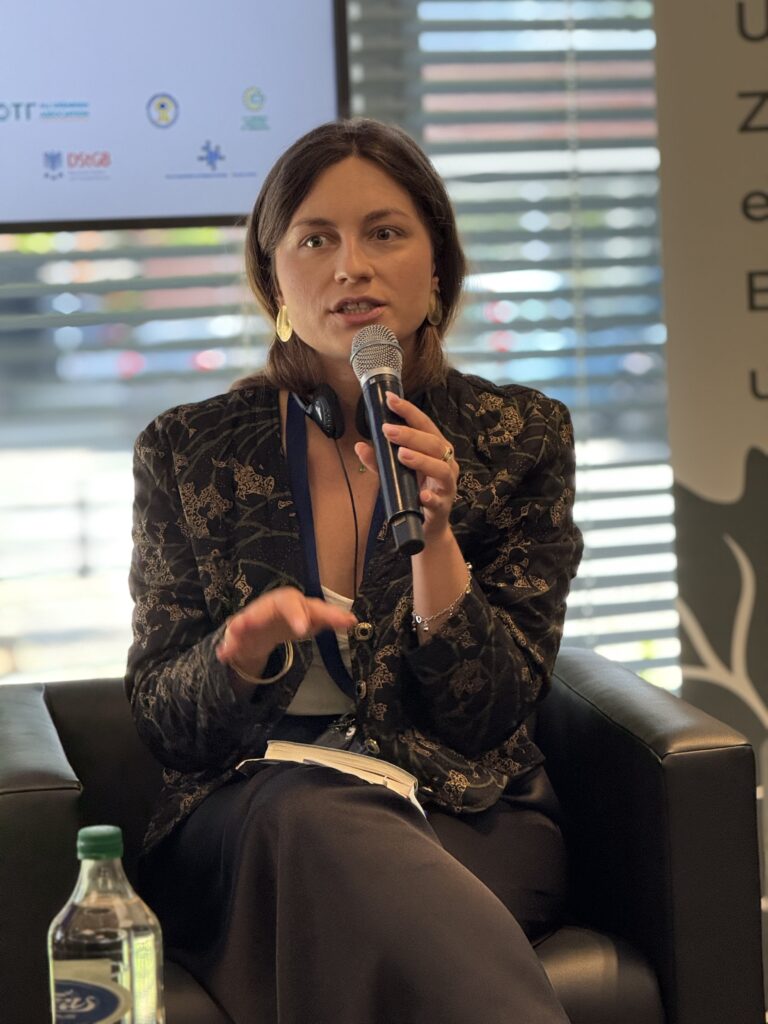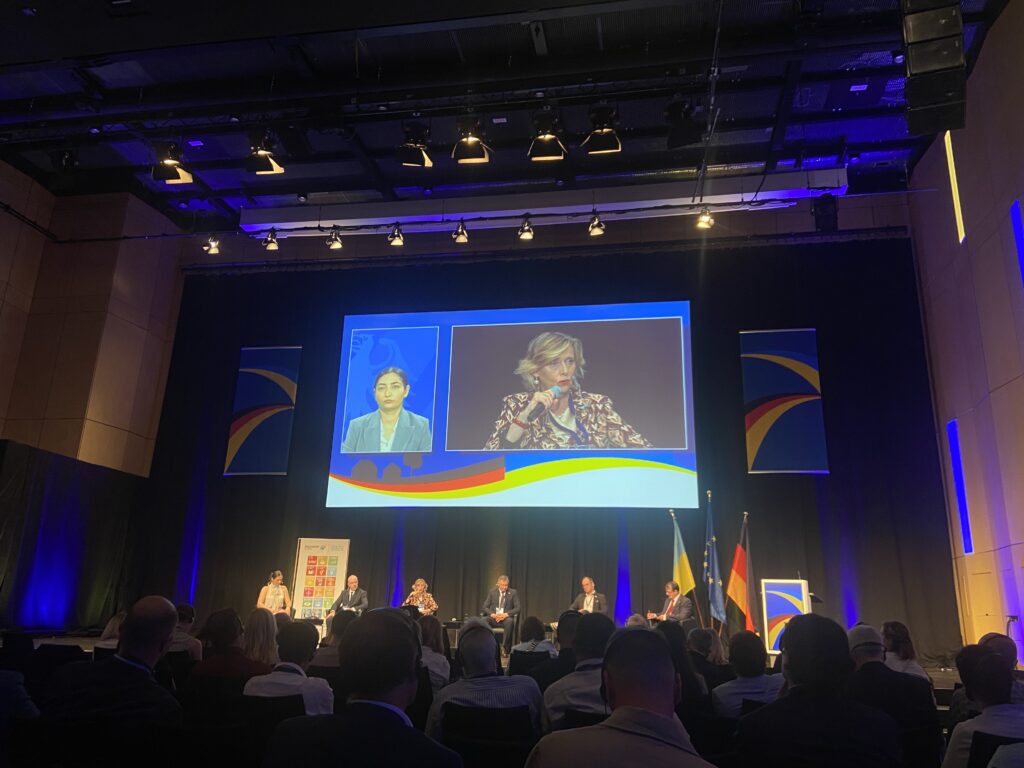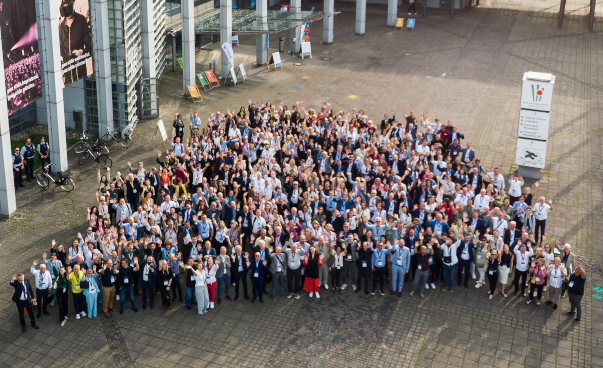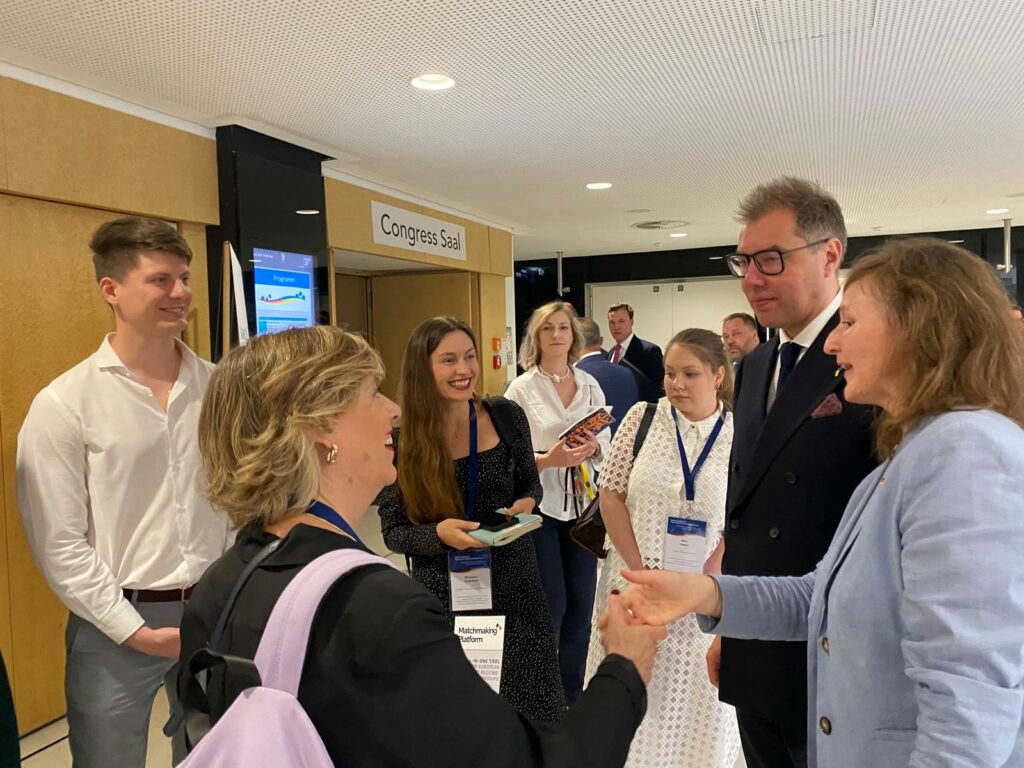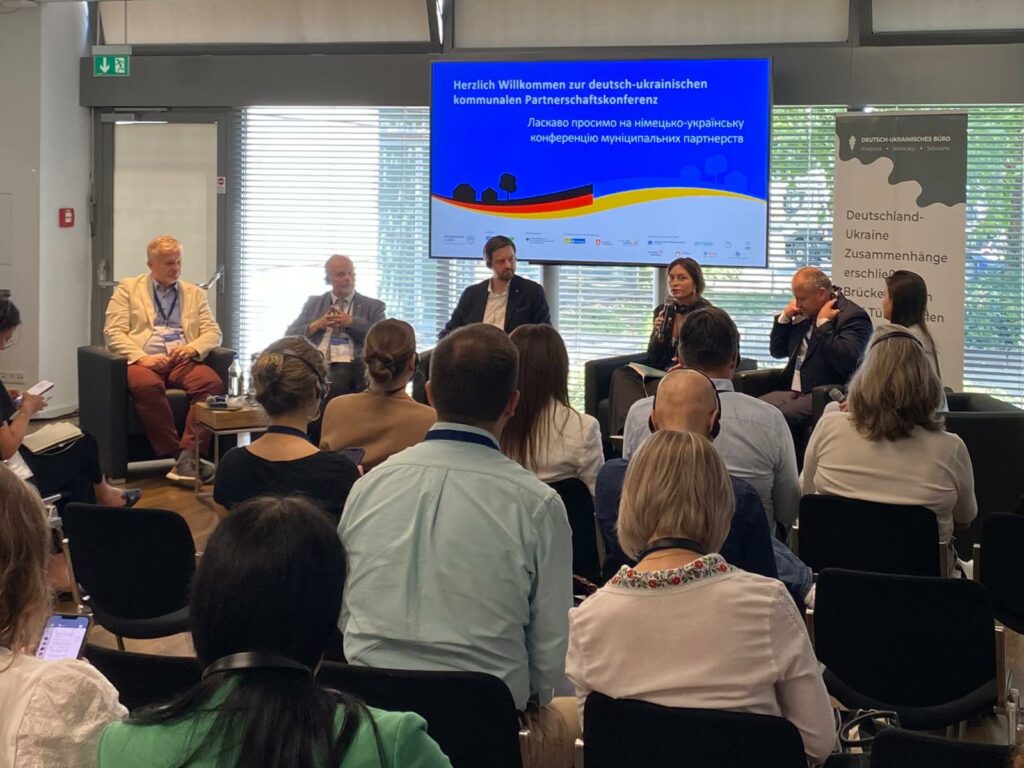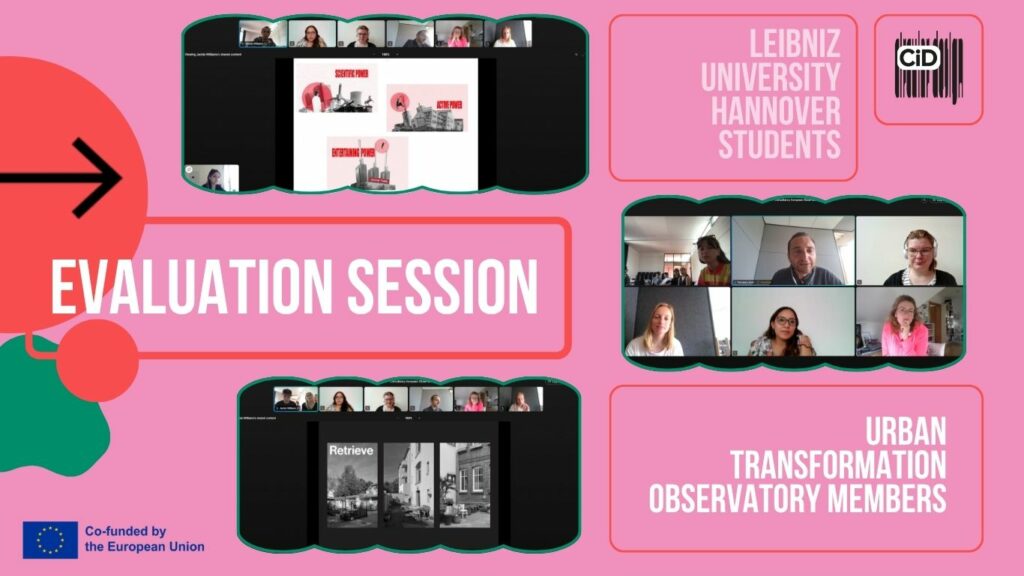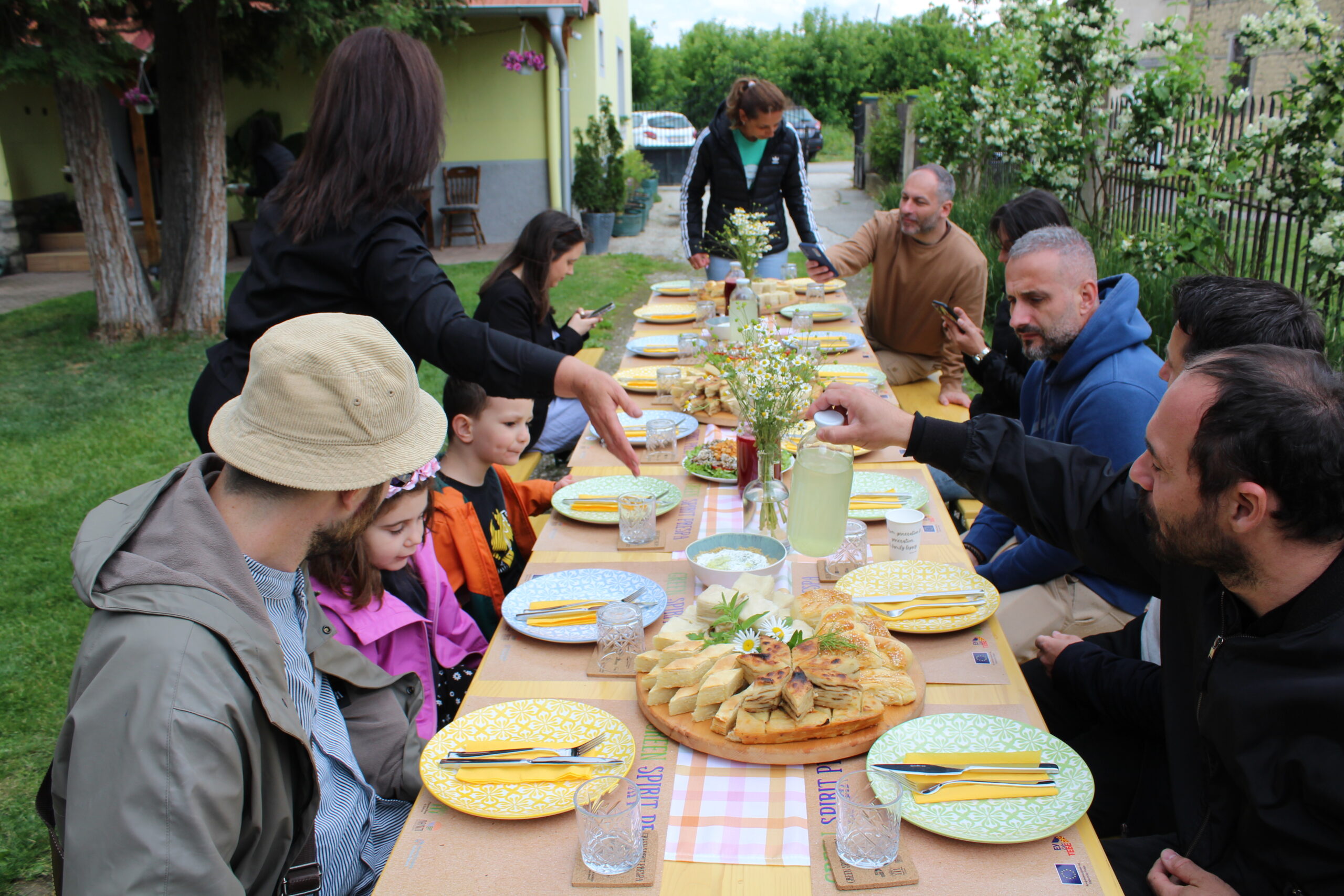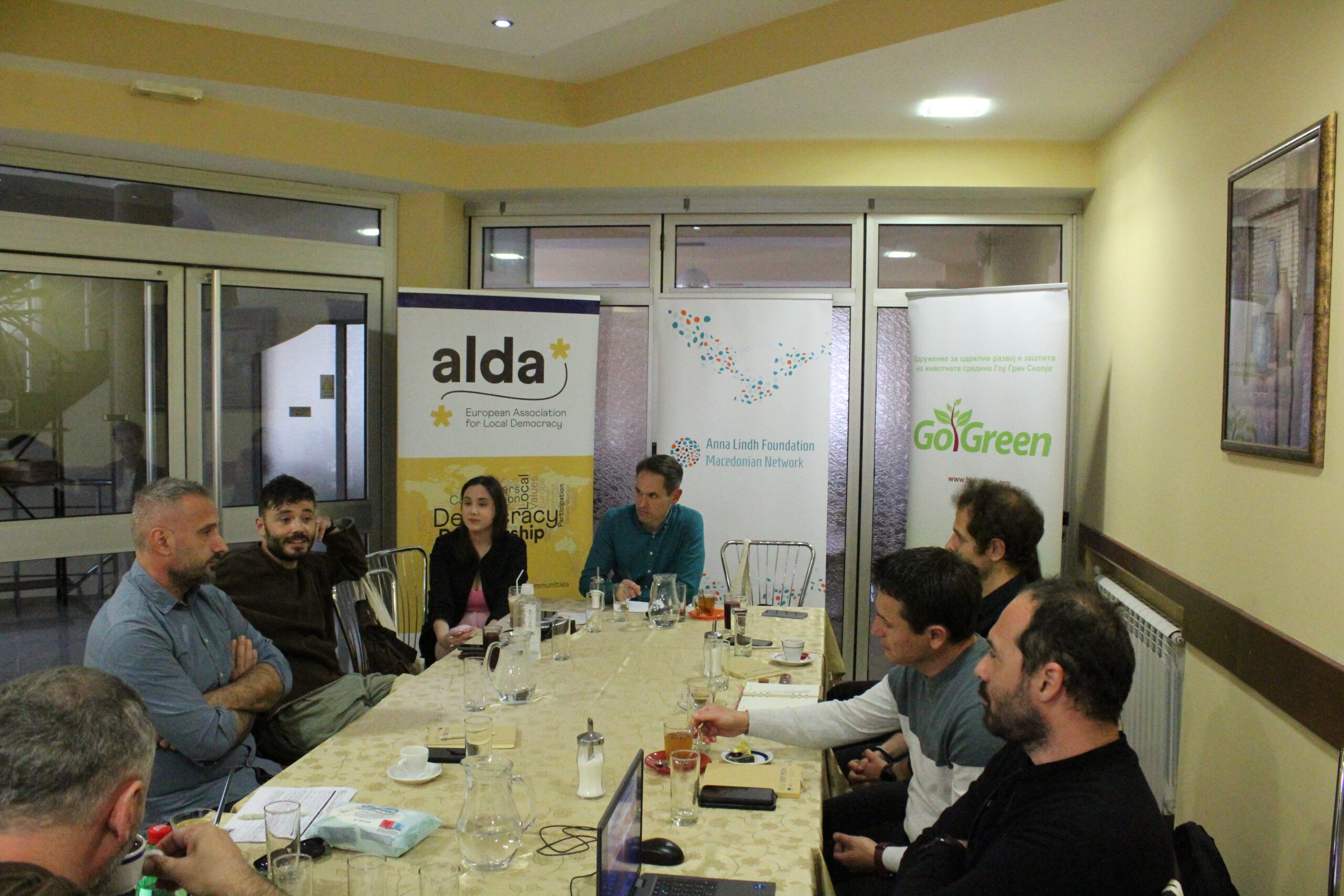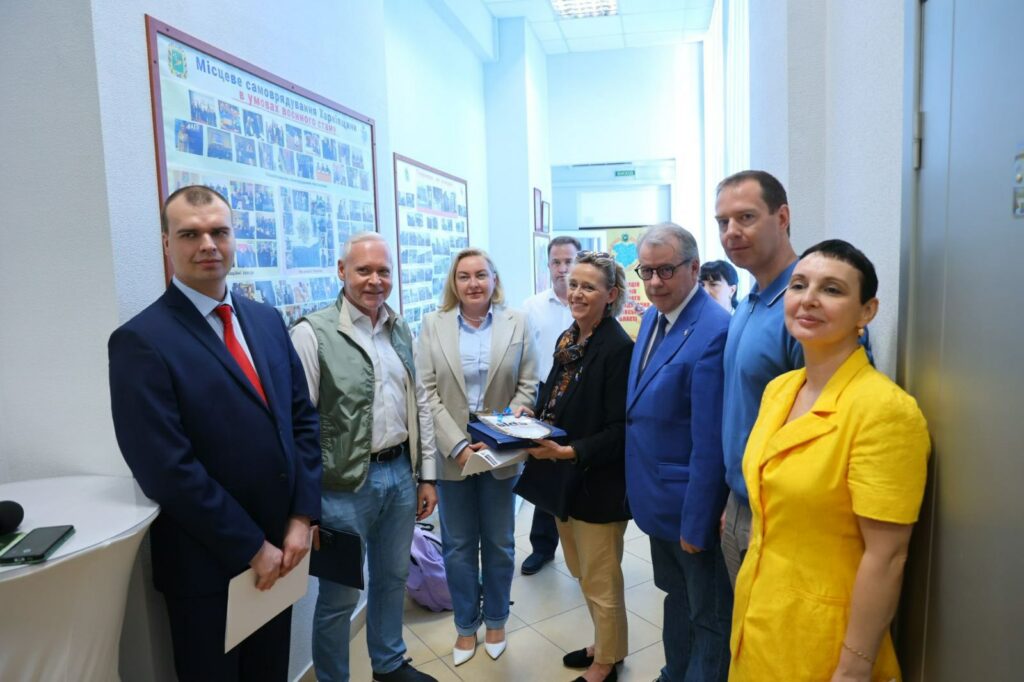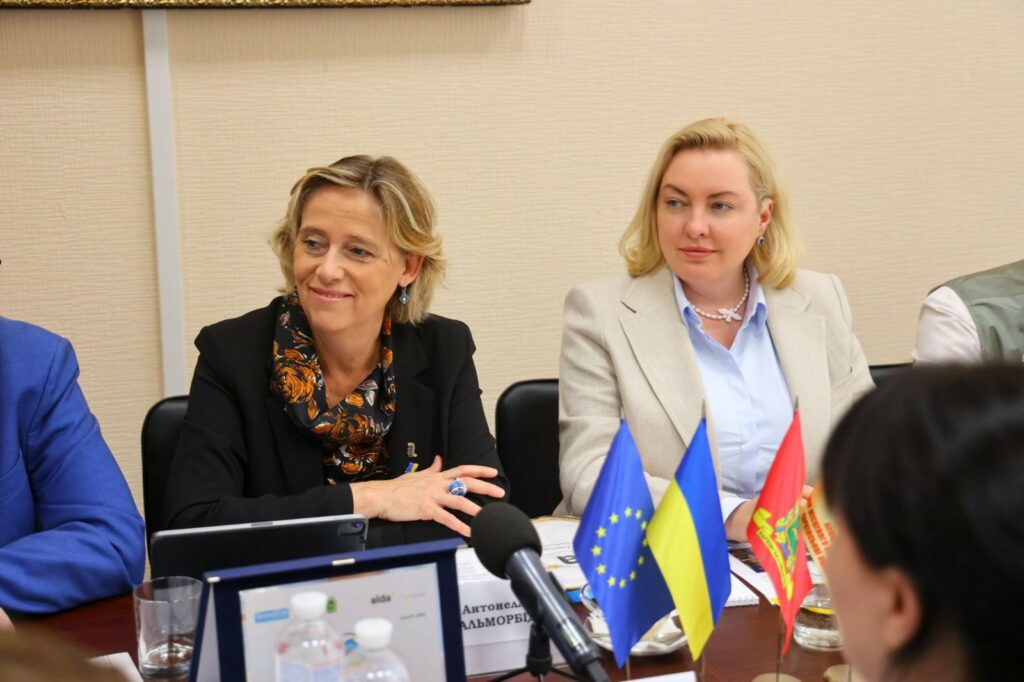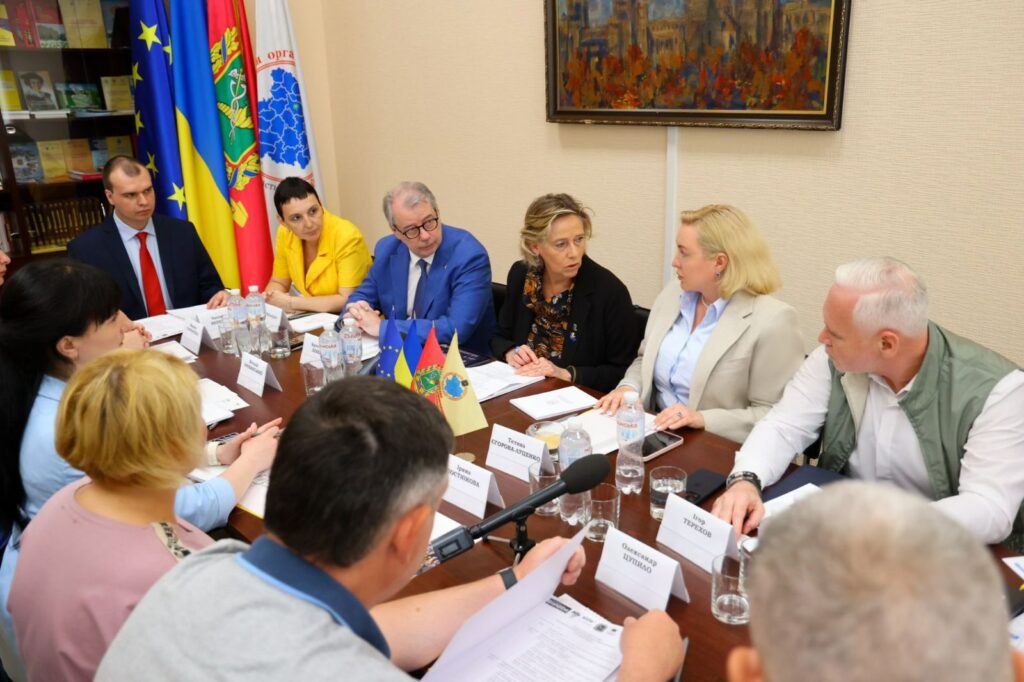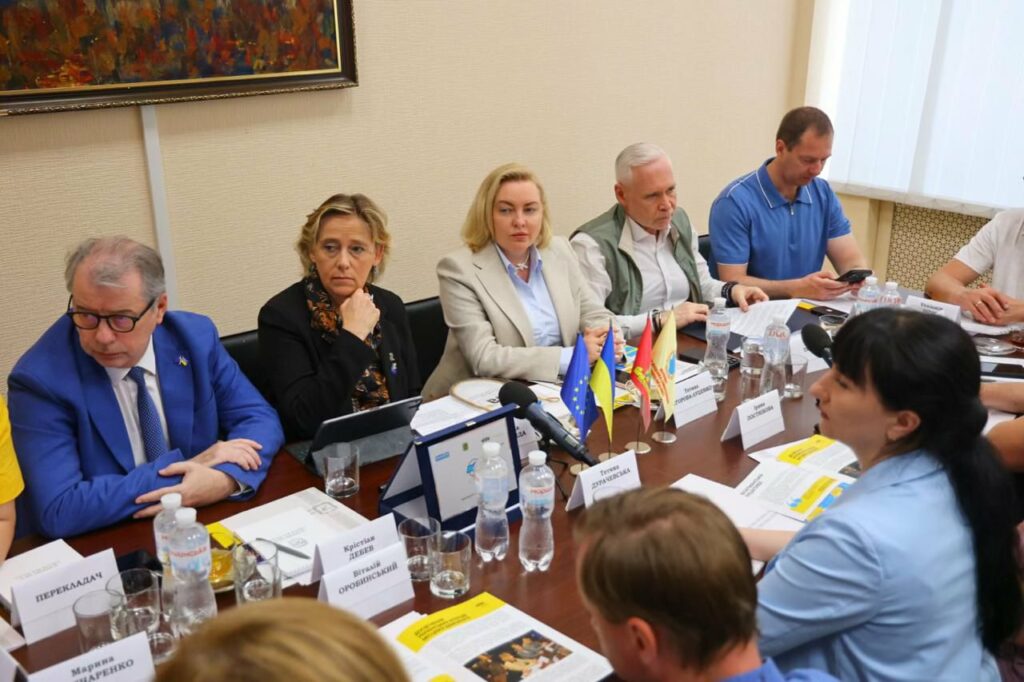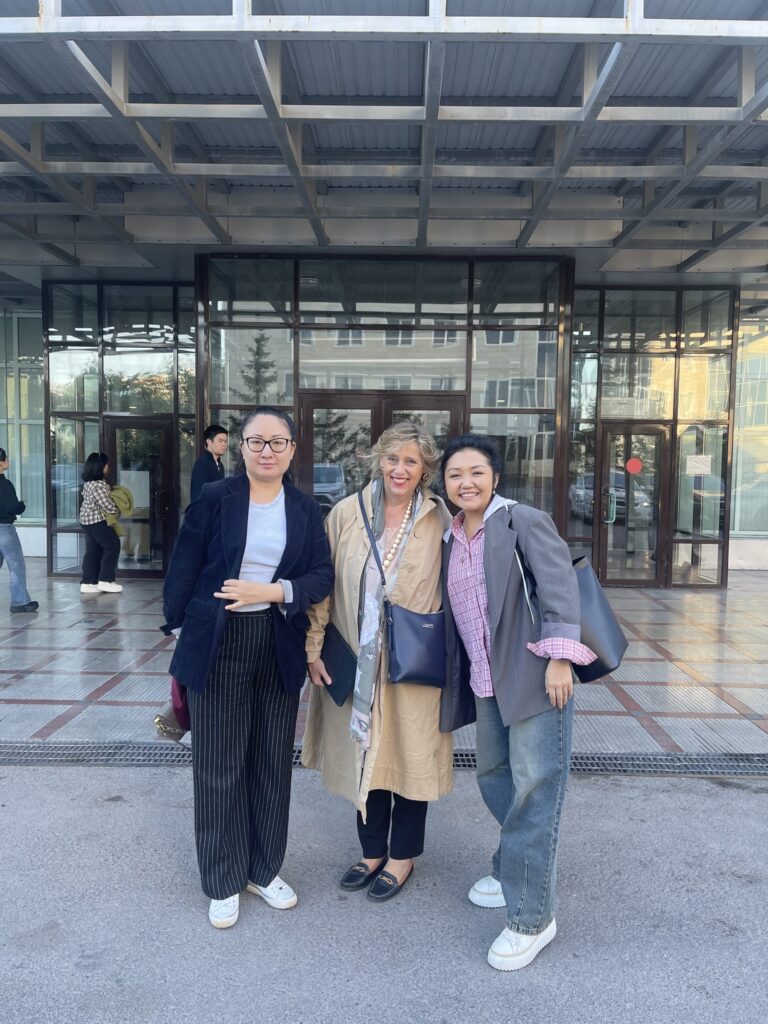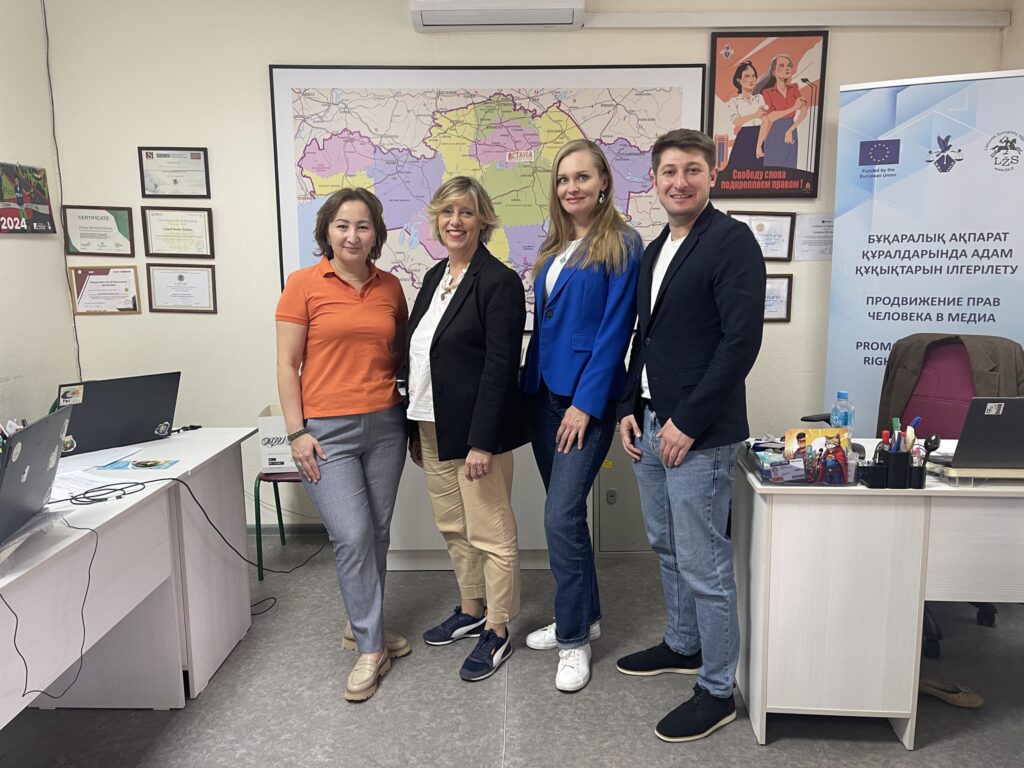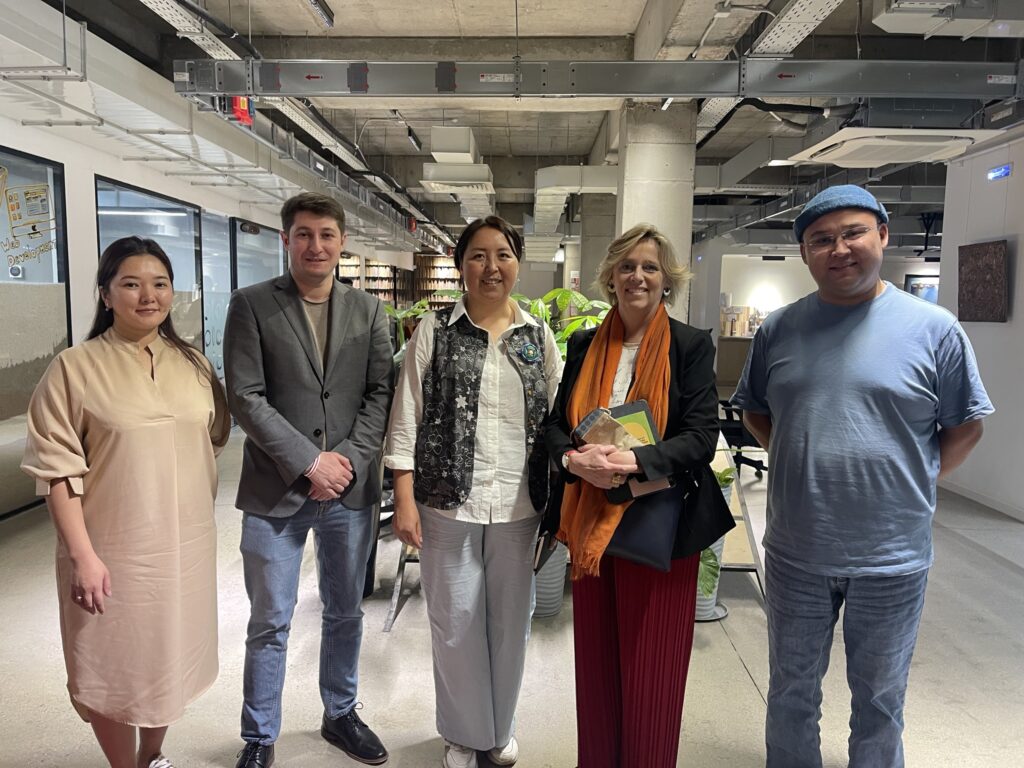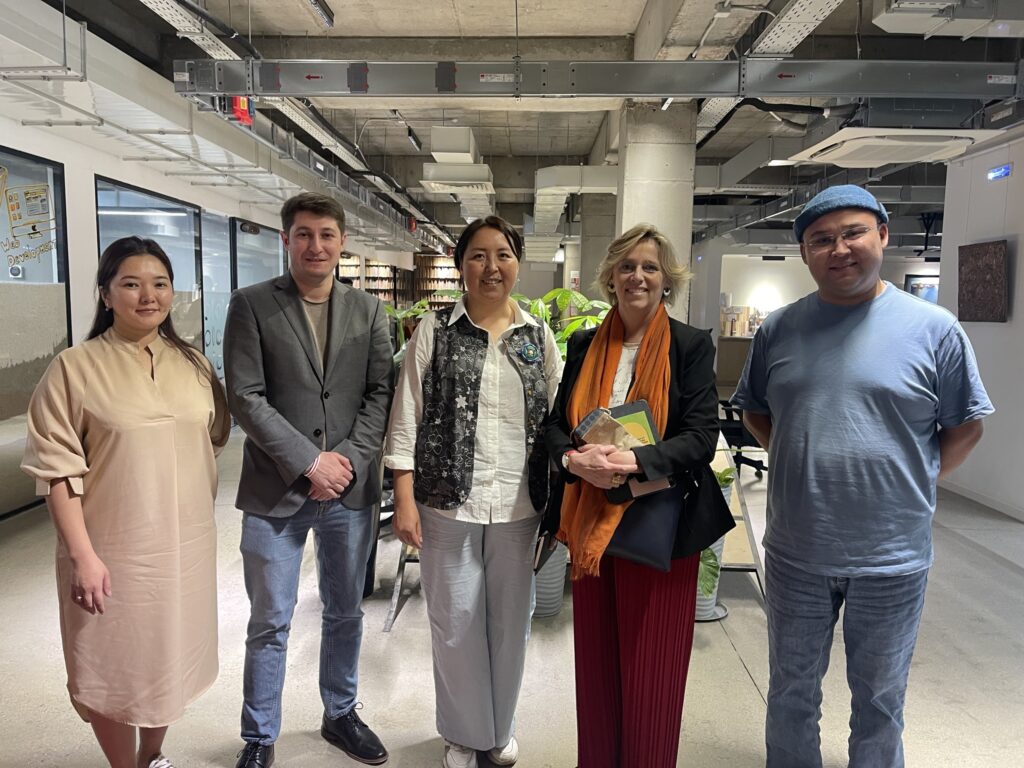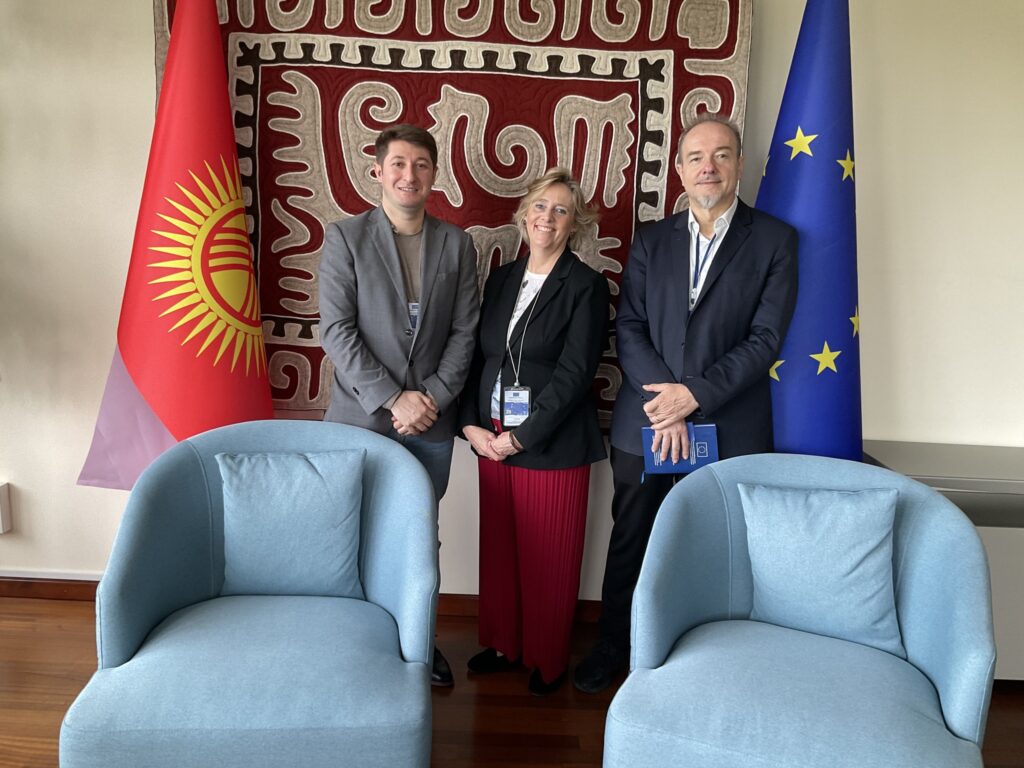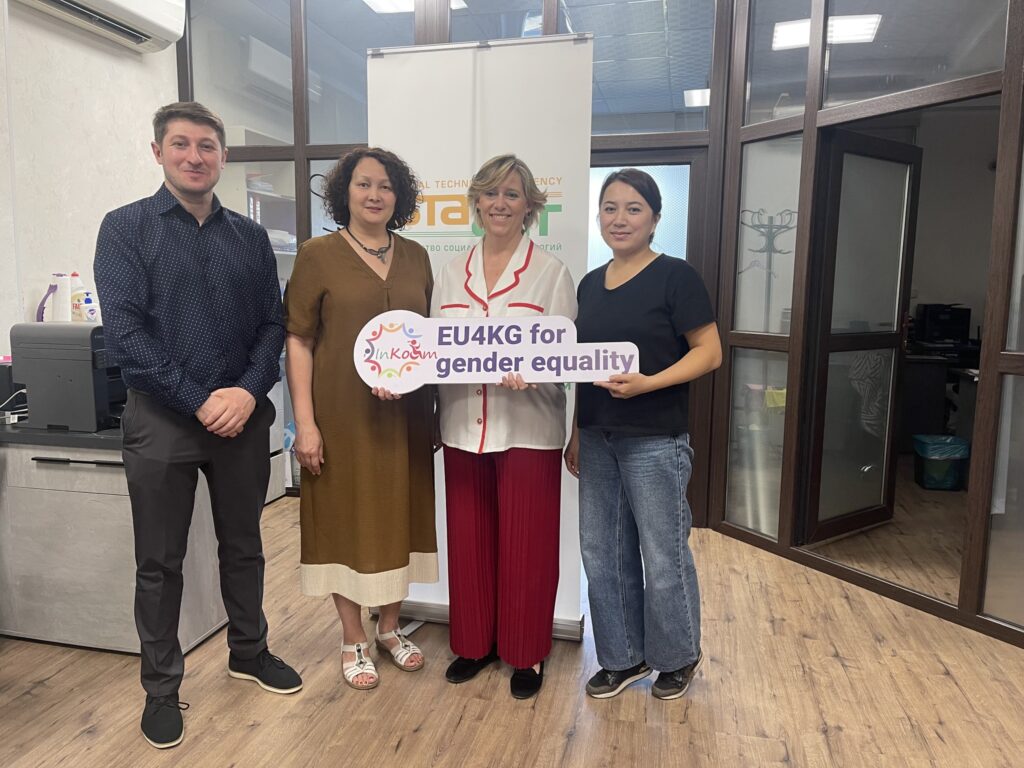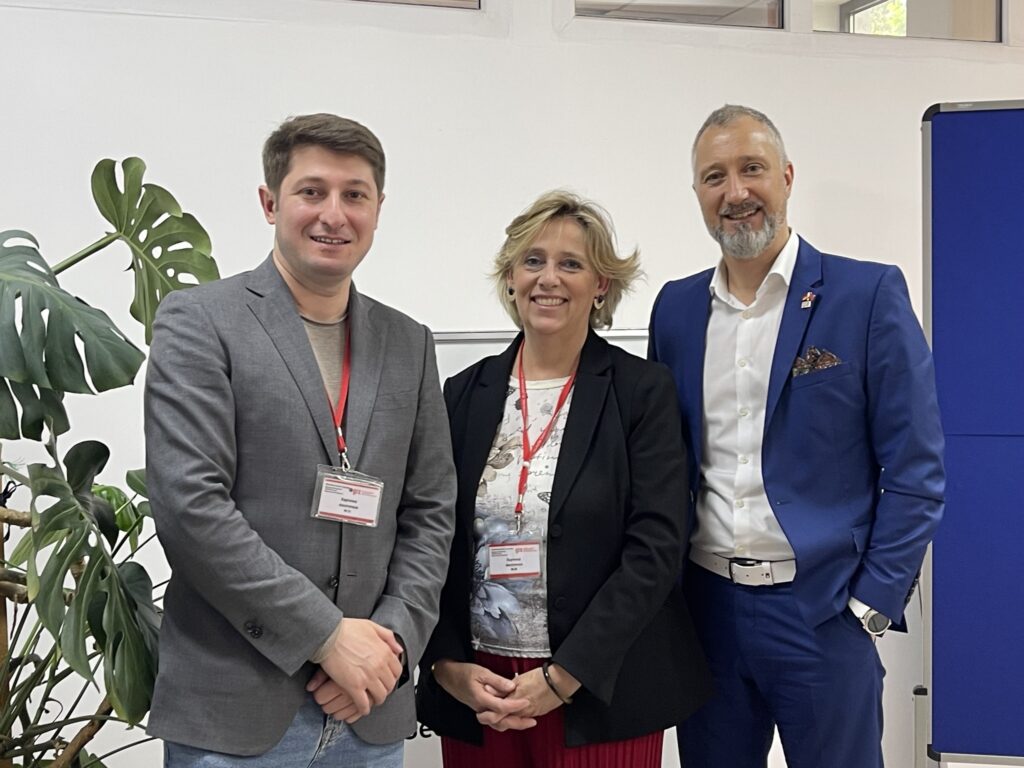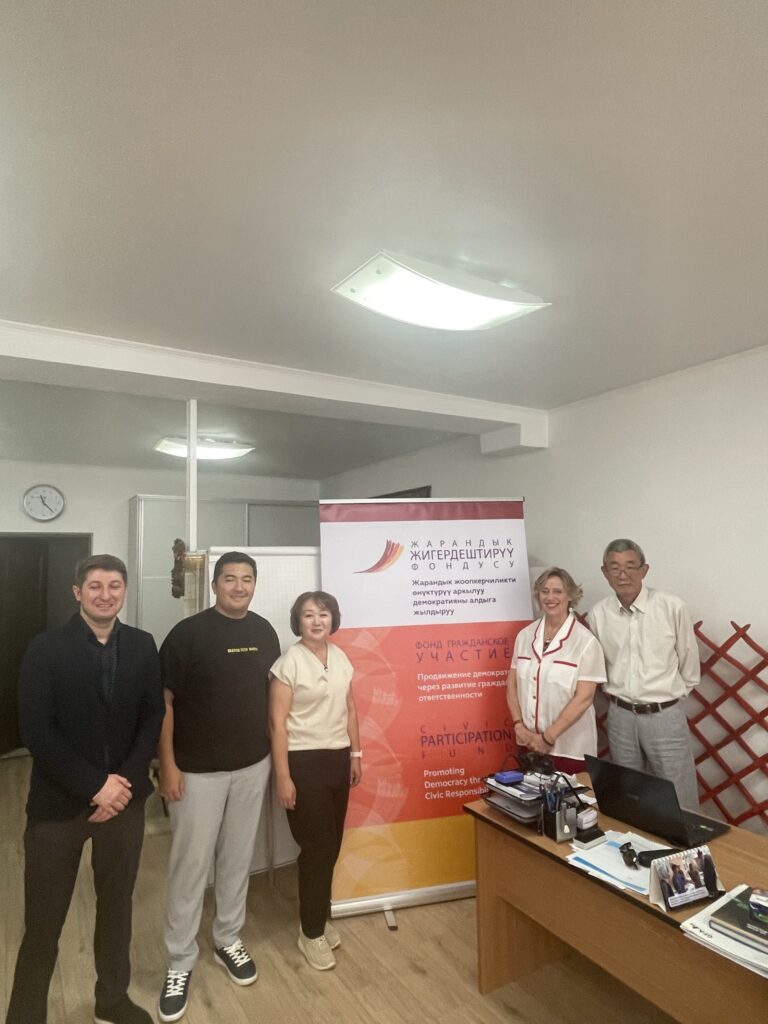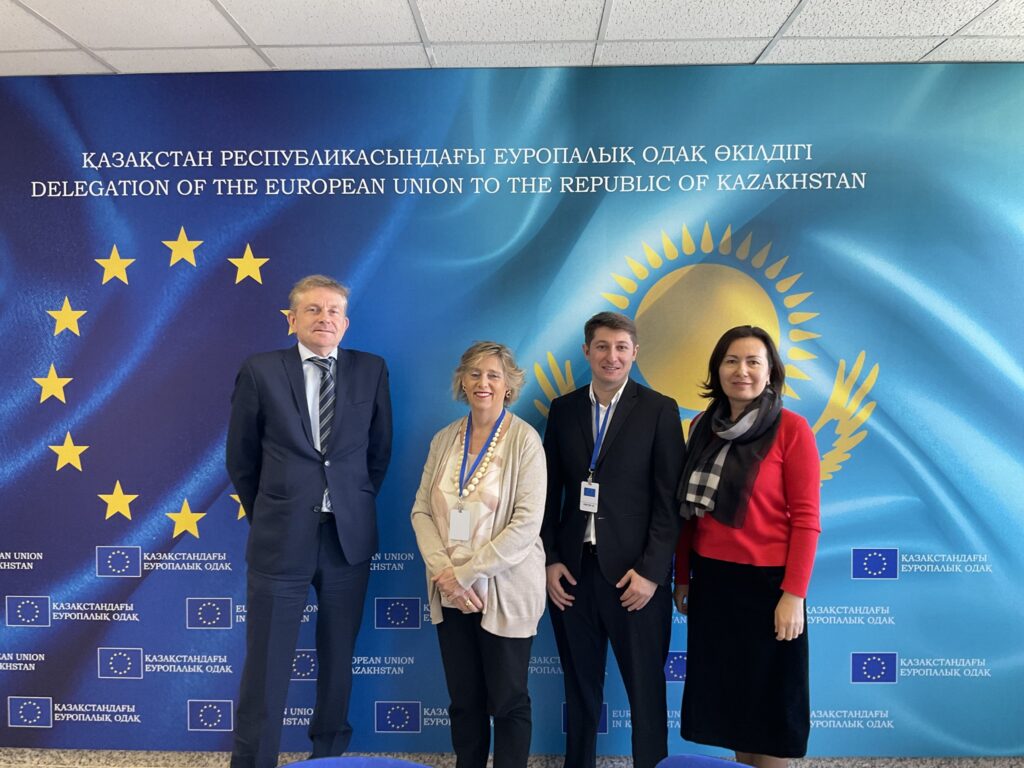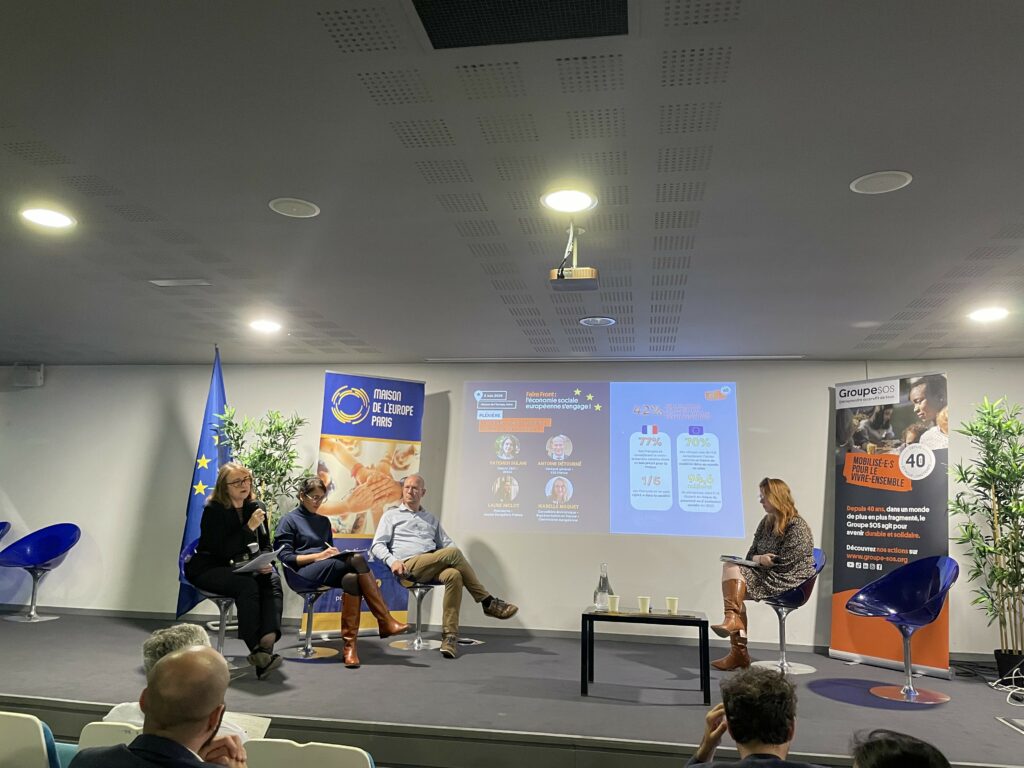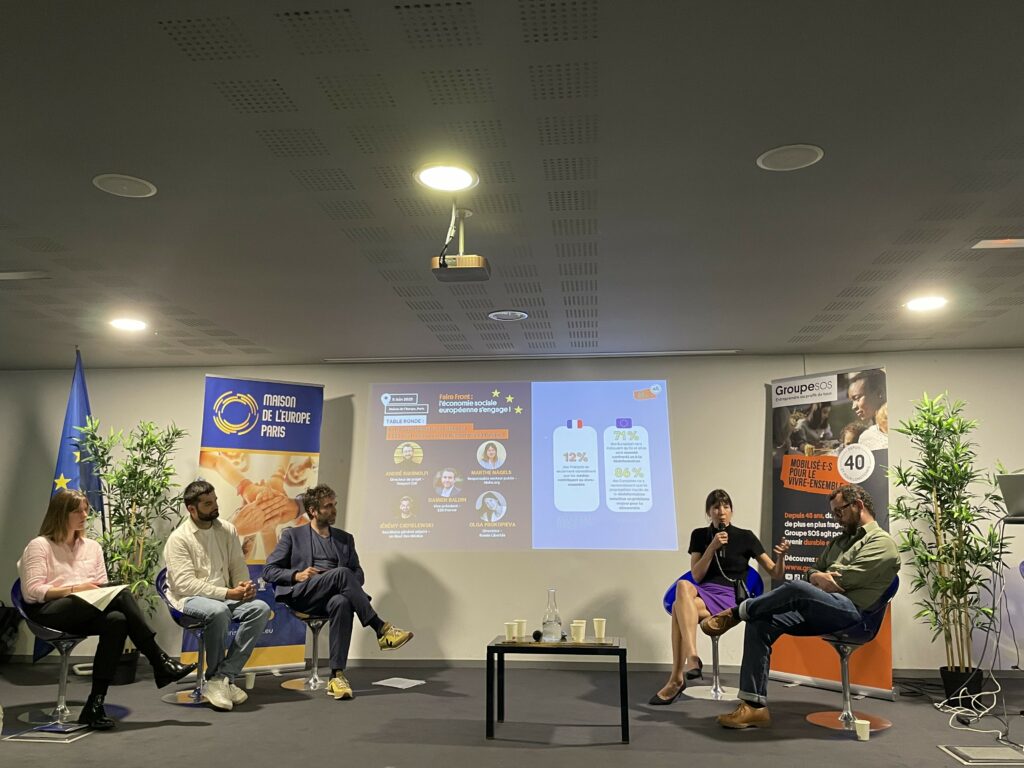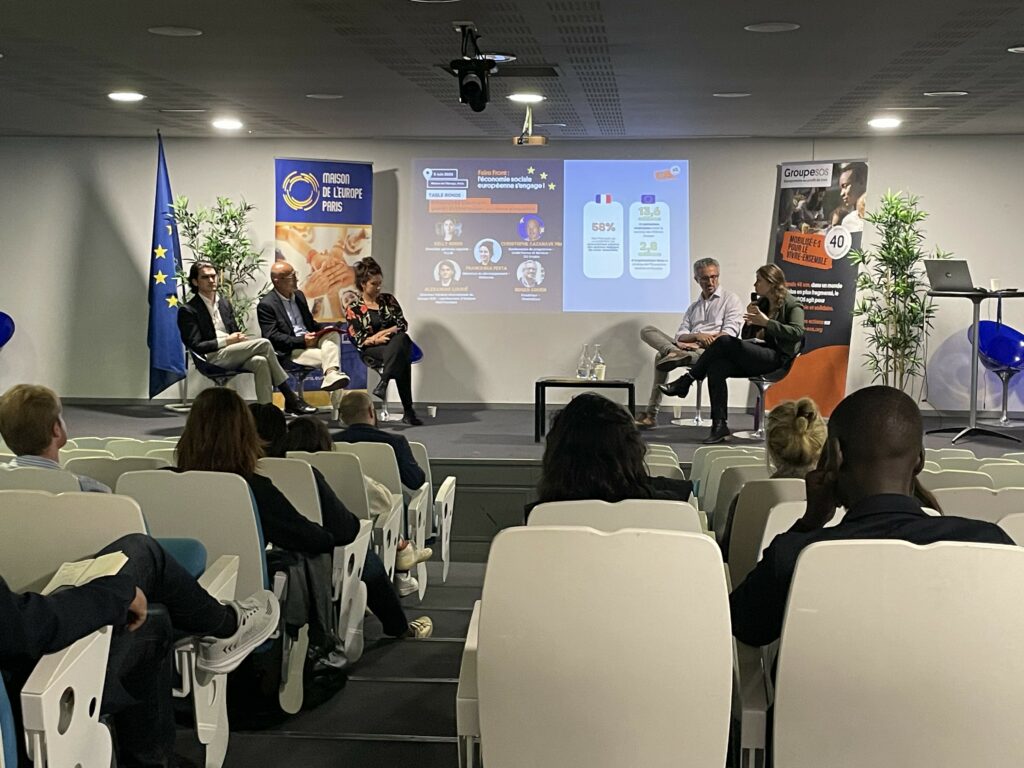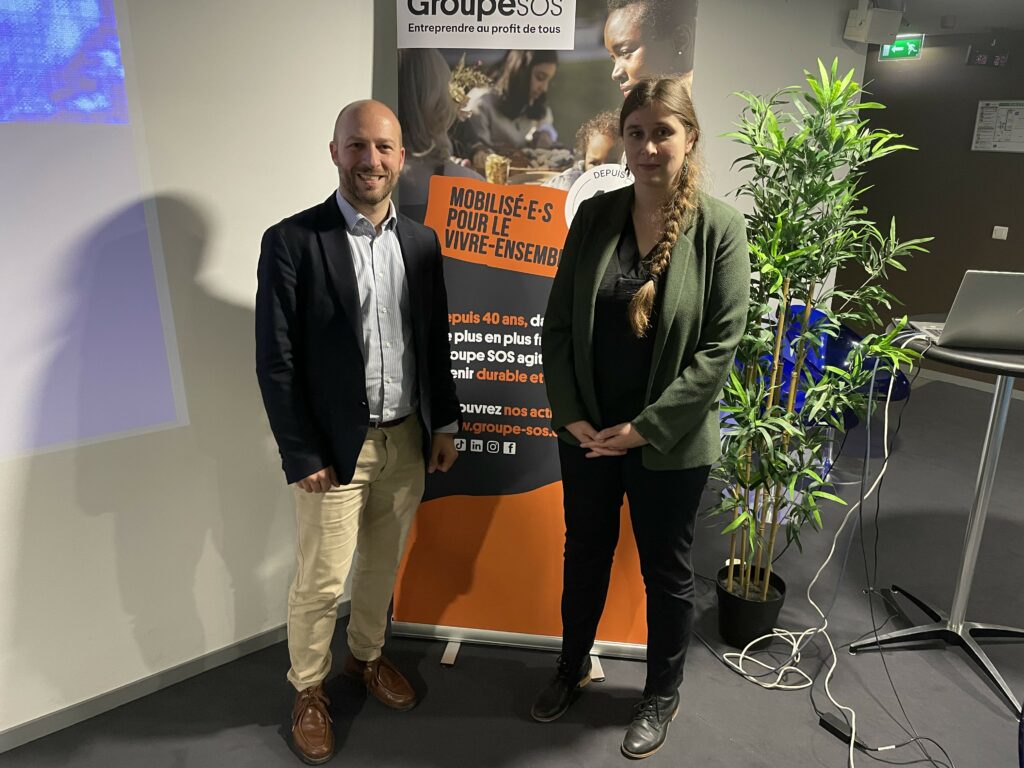As the President of the European Commission prepares to deliver the official State of the Union address, civil society organisations across Europe are stepping forward to make citizens’ voices heard on the issues that matter most. In response, Civil Society Europe (CSE), together with a broad coalition of organisations, has published the “Civil Society State of the Union 2025” — a comprehensive report that both assesses the EU’s current condition and puts forward bold, actionable proposals for a more inclusive and sustainable future.
The report is the result of over two years of dedicated work by CSE’s State of the Union working group, building on the outcomes of the Conference on the Future of Europe. It reflects a commitment to ensuring civil society and citizens remain central to the European project.
Structured around six key themes, the report offers both diagnosis and direction:
- Strengthening democracy, fundamental rights and civic space in the EU and globally
- Enhancing freedom of movement and solidarity to foster a more inclusive Europe
- Promoting a socially just EU that leaves no one behind
- Combating the planetary crisis through climate action, biodiversity restoration, and sustainable resource use
- Advancing a digital transformation that is equitable and accessible to all
- Ensuring security and resilience through human-centred approaches
ALDA – the European Association for Local Democracy – has played a central role in this initiative. ALDA’s Migration Hub is co-chairing Working Group no. 2 on Enhancing freedom of movement and solidarity to foster a more inclusive Europe, and Adrien Licha, ALDA’s Coordinator of the Secretariat, co-chaired Working Group no. 1 on Strengthening Democracy, Fundamental Rights and Civic Space in the EU and globally.
Compared to the 2023 edition, the 2025 report raises serious concerns over the continued erosion of democracy, human rights, and the rule of law across the Union. It calls on EU institutions to adopt a holistic and inclusive approach, recognising the critical role that civil society plays in safeguarding democratic values and driving systemic change.
This report is crucial for the next period of EU decision-making to fill gaps in some areas and set the agenda in others. The rapid changes we all see require timely and sustainable responses. As independent civil society organisations representing a wide range of citizens’ experiences and interests, we offer clear analysis rooted in lived experience and grassroots contexts”
— Gabriella Civico, President of Civil Society Europe
With this new edition, civil society is not merely reacting to challenges — it is offering strategic vision and grounded solutions. The document is a powerful call to action for EU leaders and institutions to commit to a democratic, socially fair, and environmentally responsible Union.
👉 Read the press release here.

